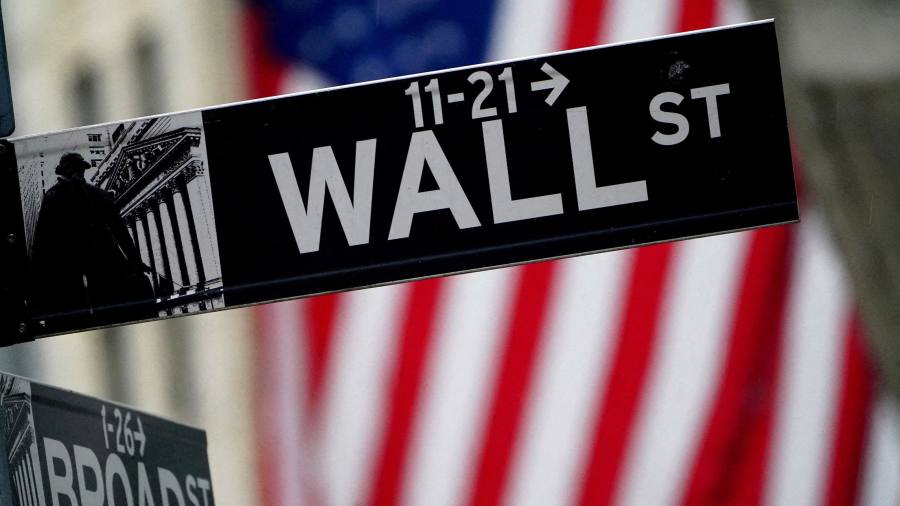
Receive free Business education updates
We’ll send you a myFT Daily Digest email rounding up the latest Business education news every morning.
Interest in becoming a chartered financial analyst nosedived during the pandemic. Three years on, enrolment for this tough test of investment knowledge has yet to recover fully. Could lay-offs across world investment banking prompt more professionals to seek a CV-burnishing CFA?
Don’t bet on it. At least not in the US.
According to new figures, 71,069 candidates around the world sat for one of the three qualifying exams required for a CFA in the first five months of this year. That is up from the 62,488 people who took it in the same period the previous year, but still about a third lower than the number between January and May of 2021.
Qualifying as a CFA is notoriously gruelling. It requires about 1,000 hours of study. Pass rates average about 44 per cent.
In the past the CFA was seen as a sure way to get ahead. These days, the qualification is less of a prerequisite for landing a job on Wall Street. Of the 107,000-plus candidates who took the CFA exams last year, only a third were from the US.
Fewer young US finance professionals want to spend all their waking hours on their careers. Anecdotally, study leave may be less available. Active fund management, a CFA stronghold, is in decline.
Other options abound. A Master of Business Administration is a popular, though expensive, choice. Tuition for a full-time Master of Business Administration degree can cost north of $240,000. Passing all three CFA exams will leave a candidate’s bank balance just $4,000 lighter.
This last point helps explain the CFA’s growing popularity outside the US, especially in Asia. China is now the CFA’s biggest market, with India coming in at number three. It offers a globally-recognised credential to applicants who may have attended lesser-known universities and lack the means to pursue a MBA.
This leaves the investment ninjas of the CFA Institute with a ticklish asset allocation dilemma. Go all-in on developing markets? Or spend heavily to bolster the prestigious US cohort? Doubtless they know a formula for calculating the efficient frontier.
The Lex team is interested in hearing more from readers. Please tell us how useful you think a CFA qualification is these days in the comments section below